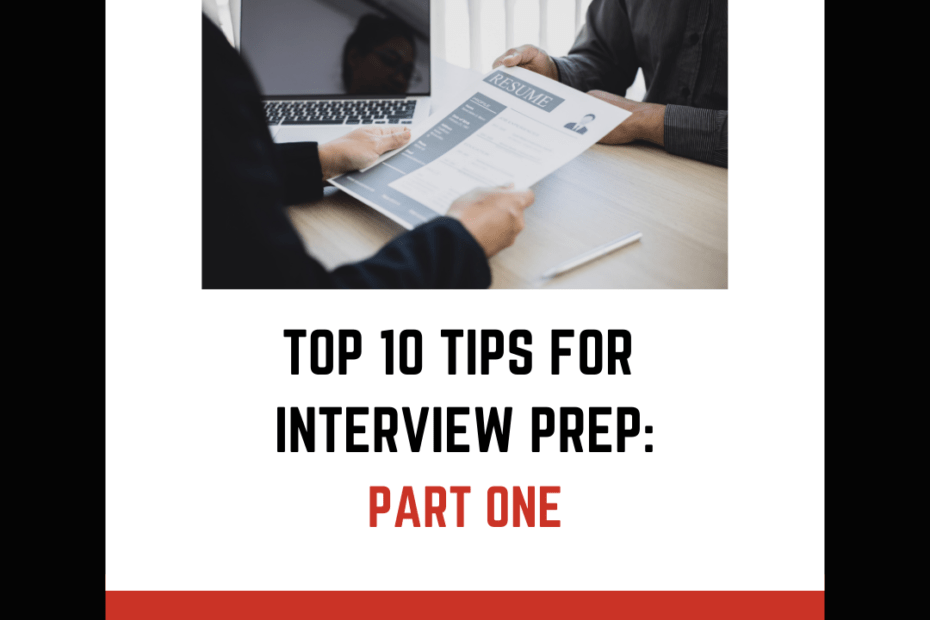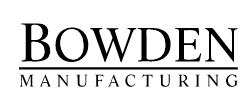Top 10 Tips for Success (Part 1 of 2)
Does the thought of an interview make you nervous?
If so, don’t worry, you’re not alone.
These days, especially if you’re early on in your career (and especially in this job market), it’s not uncommon for you to be considering alternatives to your current situation.
While it’s certainly a hot job market and it seems that most companies are hiring, you still want to put your best foot forward as you go through the interviewing process. A better interview experience has the potential to help you find the right fit for your future and increase any potential offers.
5 Tips for a Great Interview
1. Have the Proper Interview Mindset
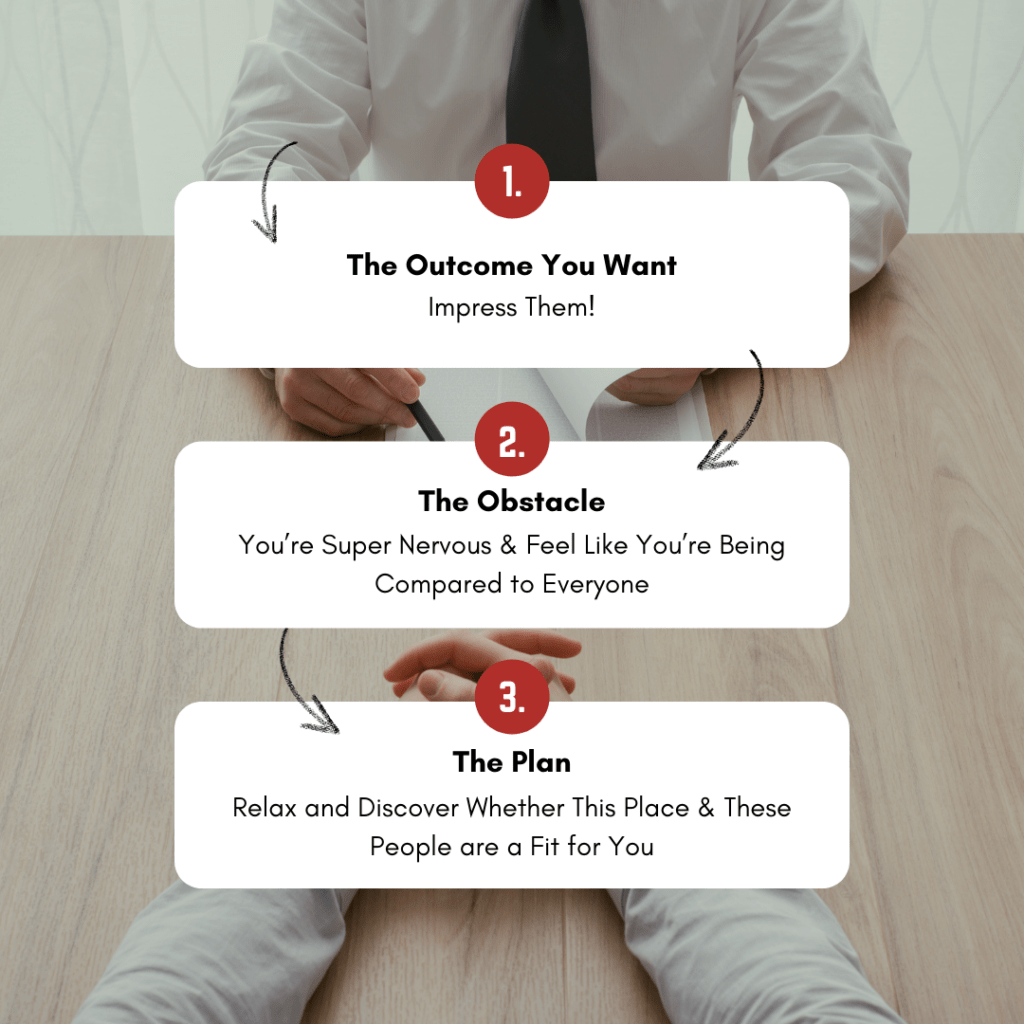
Recognizing that Interviews are a two-way conversation is extremely important to have the proper mindset. You’re not there to “win” the interview against all the other applicants, you’re there to discover if the opportunity is the best fit for you. Seeking your best fit is a shift that helps take pressure off the situation and will allow you to relax and just be yourself. Seeing how you connect with the people you meet, how the environment feels, and how you will be working can help put you at ease. It’s not just about them evaluating you … you’re also in evaluation mode.
2. Be Ready for the Standard Interview Questions
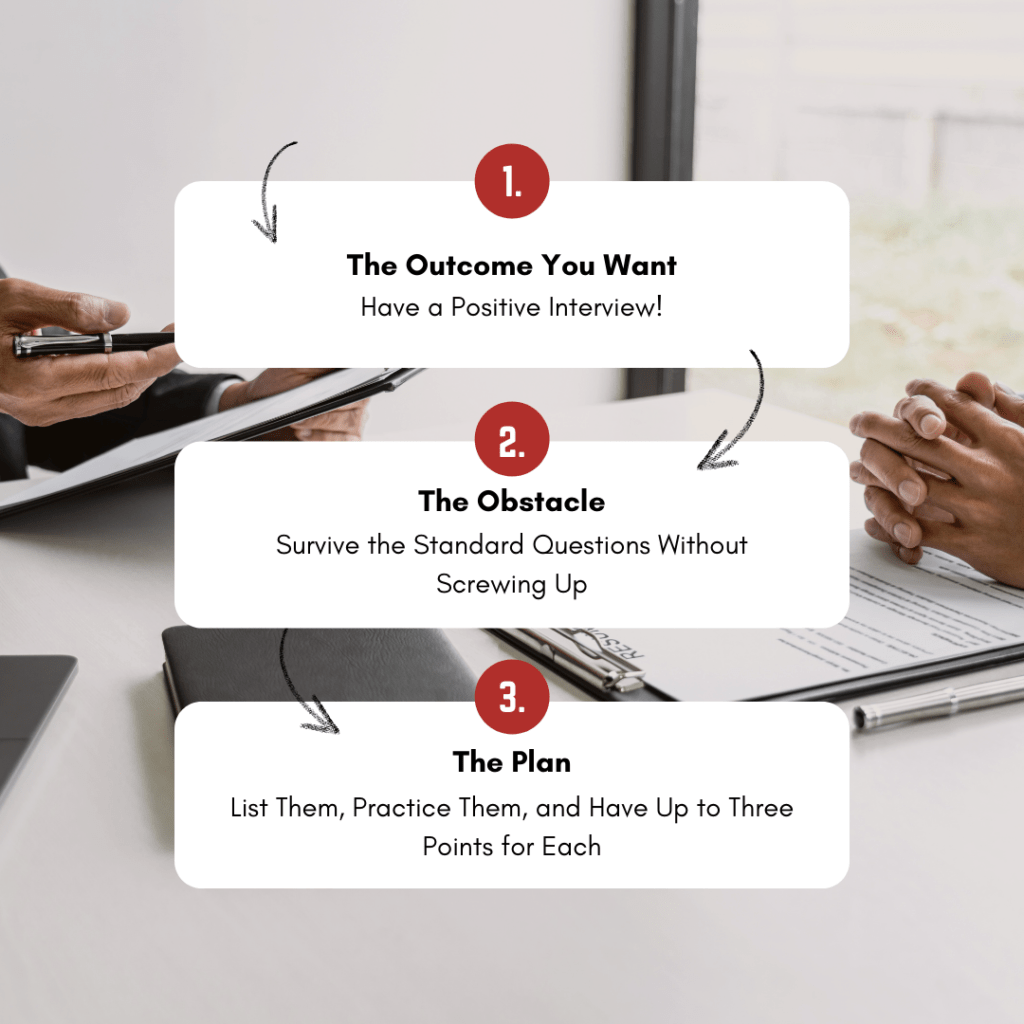
Here are some sample questions:
- Tell Me About Yourself
- What Would You Say are Your Strengths/Weaknesses?
- Why are You the Best Person for the Job?
- What are Your Salary Expectations?
- What are Your Goals for the Future?
The majority of these questions come at the beginning of the interview because they are mostly conversation starters. They’re an easy way for an interviewer to kick things off and to start to settle into a real conversation. Taking each one of them and making a short list of potential points, along with practicing in front of a mirror (or another trusted person), will help you gain confidence. You don’t want it to sound like you’re reading a script, but you certainly want to sound like you’ve considered those questions before and aren’t surprised to get them … it’s just part of the interview game.
3. Don’t Out-Dress Your Comfort Level On Your Interview Day
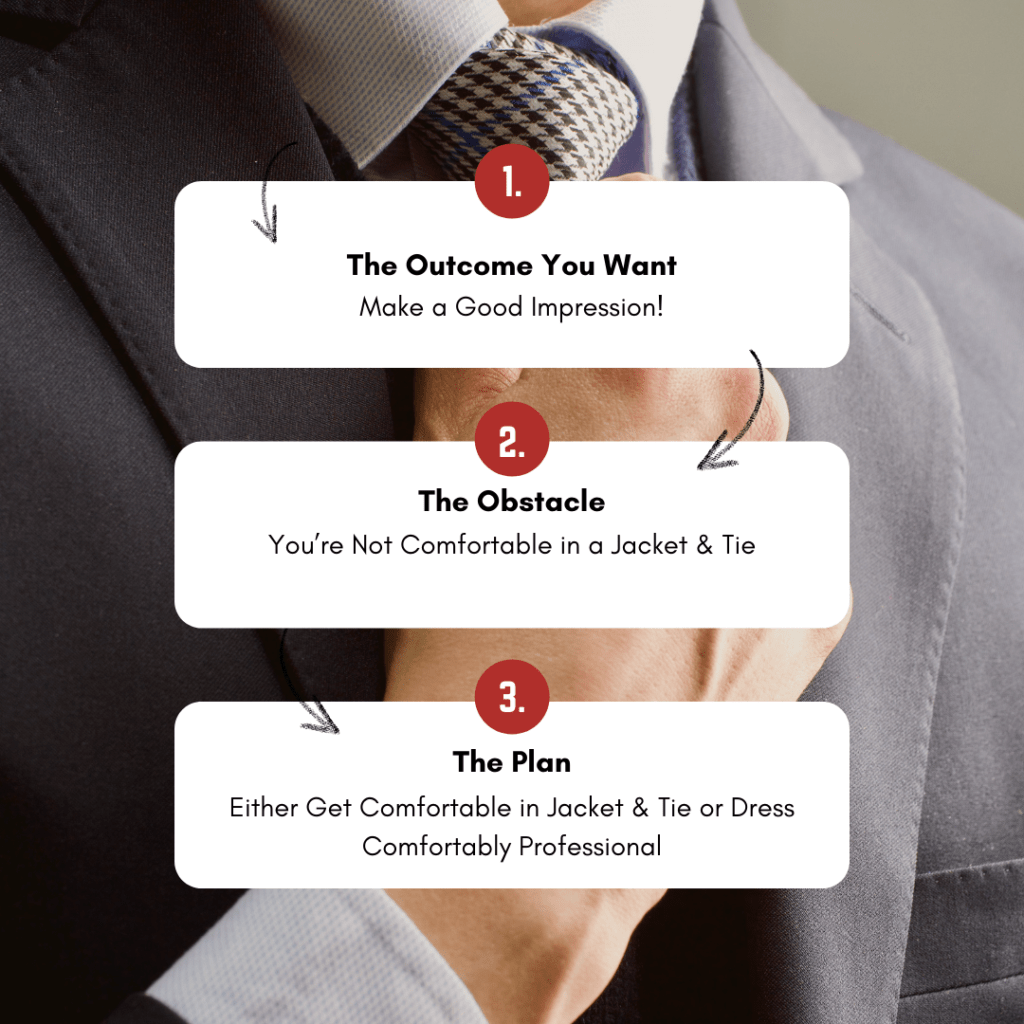
Traditional business protocol suggests that you dress up for an interview. Unfortunately, the likelihood that you’re super comfortable in a jacket and tie is growing smaller each year. If you know you’ve got interviews coming up, you have a couple of choices. First, you can start wearing a jacket and tie more often in the days leading up to your interviews, so you’ll start to get more comfortable wearing them. If you’re not comfortable in your clothes, it’s hard to be confident and shake off any nervousness you may feel.
So, the other option is to still dress professionally in nicer clothes than you’d hang out with your friends, but not so dressed up that you’ll be uncomfortable. Weighing your ability to be confident and comfortable with what you’re wearing and the anticipated environment for your interview will be important. Once you’ve selected, then own it and don’t apologize or make excuses, just get on with being confident in yourself in whatever you’re wearing.
4. Listen Carefully – It’s a Conversation
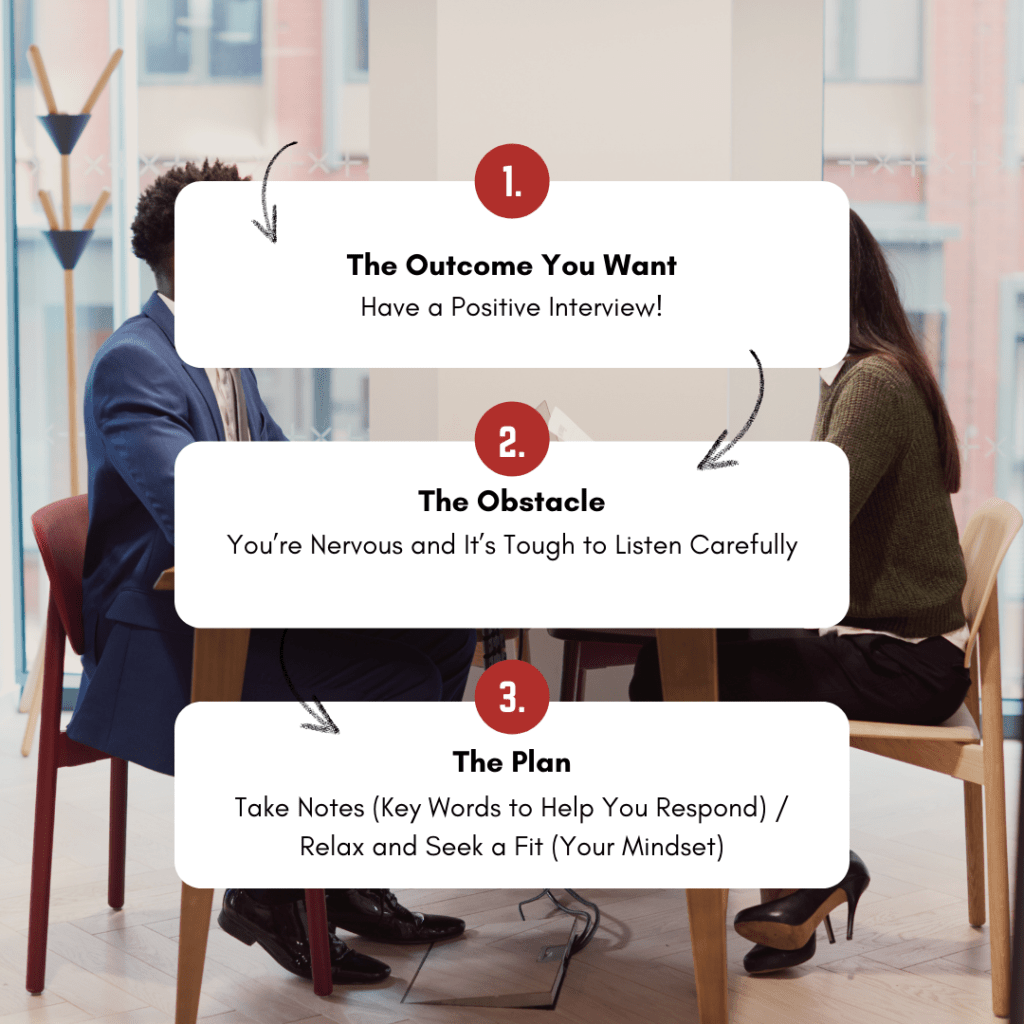
An interview is not a one-way discussion. It’s important that you remember it’s a conversation. Certainly, you’ll have to answer questions, but you’ll also have an opportunity to ask a few questions yourself. Even as your interviewer introduces themselves, you have a chance to listen well. Bringing something to take notes on can give you an anchor for your part of the conversation. You can write out a few questions to ask ahead of time, and you can take notes on anything they say so you’ll remember to follow up later with a question. Engaging in a conversation comes back to your mindset. Remember, you are looking for a potential fit at the company, so you can relax a bit and enjoy discovering more about the interviewer.
5. Establish Some Guidelines (Any of Them!) for What You’re Looking for in Your Next Job & Company Before the Interview
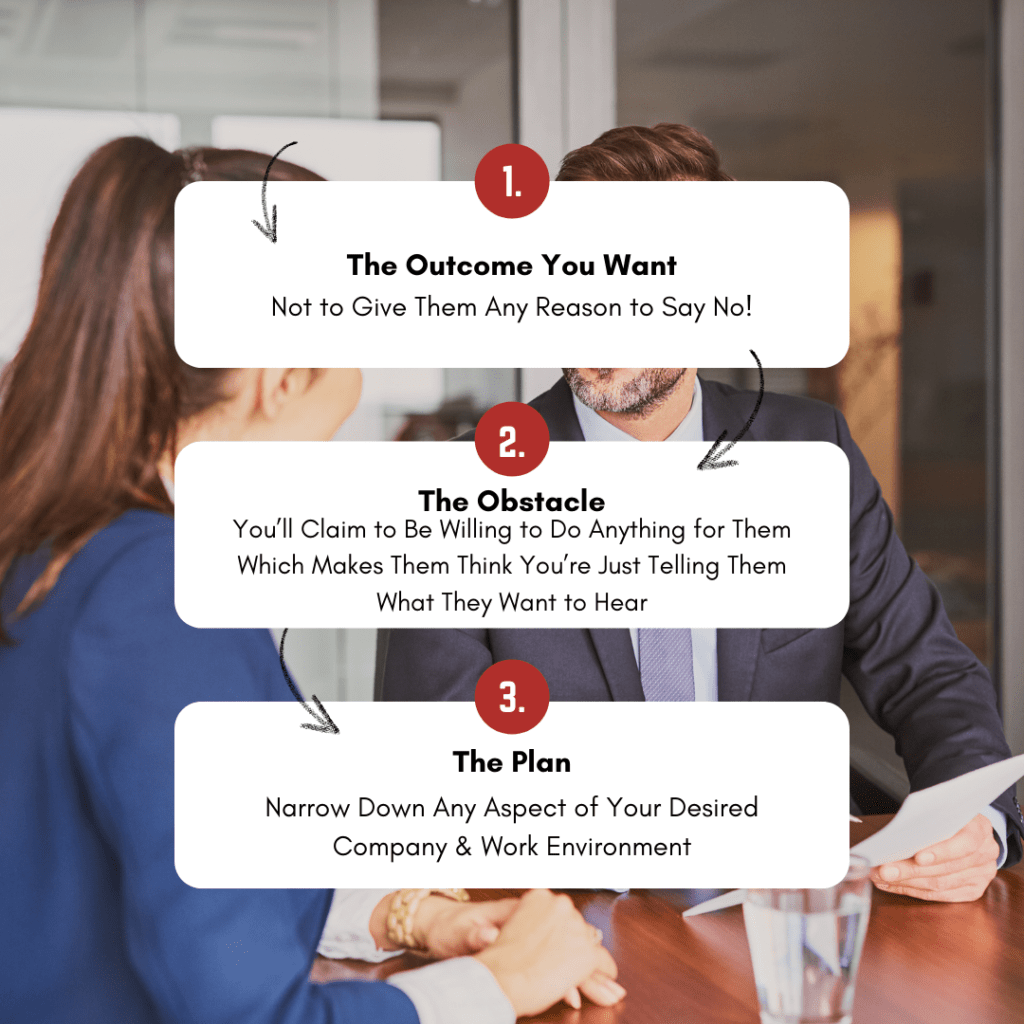
Here are some aspects you may want to consider:
- Size
- People
- Industry
- Geography
- Team vs. Individual Work
- Job Role
Especially early in your career, you may be thinking you should agree to almost anything to get a job. You might hesitate to put any restrictions on what you’re looking for so that you don’t get disqualified in the interviewer’s eyes. Unfortunately, it’s counterintuitive that by agreeing to everything, you don’t stand out as someone that’s a clear fit.
If you know of a few criteria that you’d prefer (i.e. “I’d like to work in an energetic environment, within 45 minutes of my home, with significant collaborative work and a small- to medium-sized company”) it actually provides a better starting place for the interviewer to see that you could be a good fit. If those criteria aren’t met, they’ll know you’re not a fit and even if they get you to take the job, you’re not likely to stay very long. But if those criteria could be met, they know that if they hire you, you’re likely to stay for a very long time…..a big win for both the interviewer and you!
Stay Tuned
Those are the first five of our Ten ideas for you as you prepare for an interview.
Hopefully, they can help you find the right fit the next time you go looking for a new opportunity.
Here’s to your Manufacturing Success!
